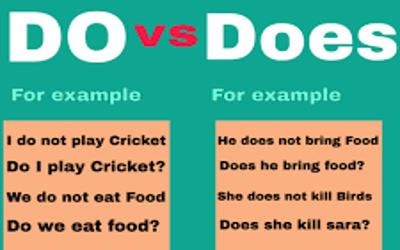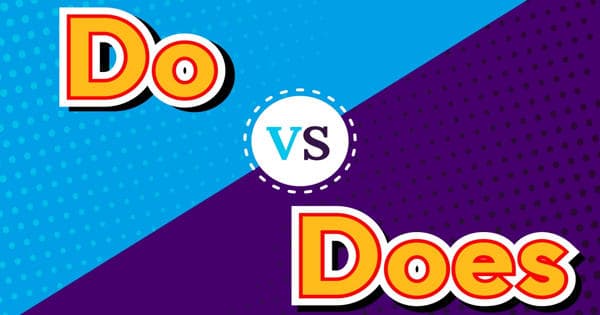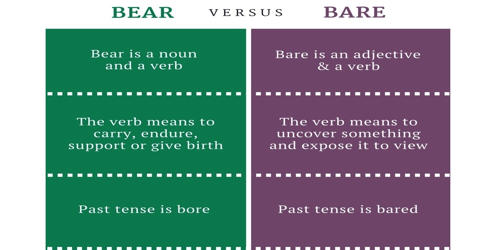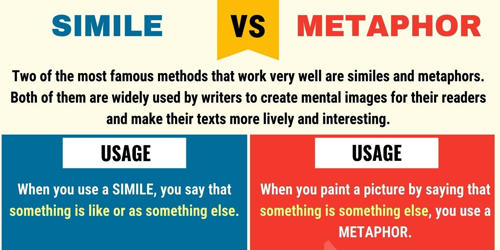Difference between Do and Does
The proper knowledge about the verb forms of ‘Do’ and ‘Does’ is highly useful for a student to use them correctly while creating sentences. Whenever we talk about actions, we use the words do, does, and did. Do and does represents the simple present forms of the verb ‘do’, while did is its simple past form. Some forms of “do,” including “does,” are examples of helping verbs in English. These are primarily used to form negative and interrogative sentences. Do is used with personal pronouns, I, we, you, they. On the other hand, does is used with personal pronouns he, she, and it. The main definition of “do” is “to accomplish an action.” The main definition of “does” is “a reference to the accomplishment of another.”
“Do and does represents the simple present forms of the verb ‘do’, while did is its simple past form.”
We use ‘do’, to form imperative sentences, i.e. positive or negative commands, but we never use does to create imperative sentences. In questions, “do” or “does” usually starts the sentence, but it doesn’t have to.
Difference between Do and Does

DO
- Do is an action verb, commonly used to form negative and interrogative sentences.
- Do is a transitive verb, which has a subject and object. It is an action verb which means to perform, act, or carry out any task or activity.
- Do refers to perform or undertake on his/her own or in response to the wish of another person. It is an auxiliary verb, which is used with the main verb, to form various types of sentences.
- It is used with personal pronouns, first-person singular ‘I’, plural ‘we’, the second person ‘you’ and third-person plural ‘they’.
- While we use ‘do’ with plural nouns such as teachers, parents, children, judges, dogs, cats, etc.
- Example: Do you go to school daily? Don’t you have manners?
DOES
- Does is the third person singular present of the verb ‘do’.
- ‘Does’ is just a conjugation of the verb ‘do’ which is used with a third-person singular present.
- Does is nothing but a conjugation of the verb ‘do’, which also means to perform, act or undertake any task or activity, either at his/her own will or as per the will of another person. It is used with the third person to form various kinds of sentences.
- ‘Does’ is also used with a third-person singular he/she/it. Moreover, do is also used with demonstrative pronoun these and those whereas does is used with this and that.
- We use ‘does’ with singular nouns such as my teacher, my mom, the child, the judge, the dog, the cat, etc.
- Example: Does she like me? It doesn’t matter to me much.
















